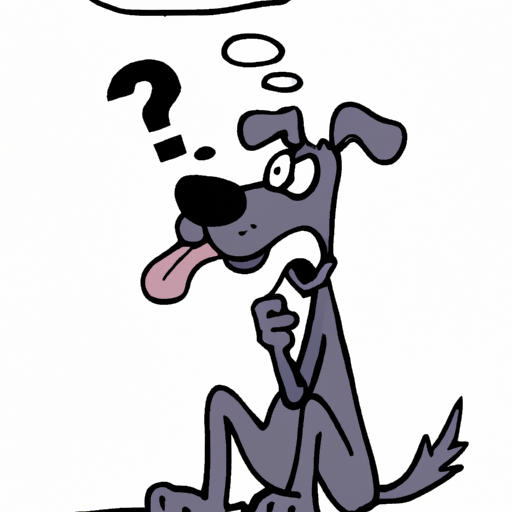Understanding Your Canine Companion’s Behavior
You come home after a long day, and there it is again. Your furry friend is sitting in the corner, attentively grooming his paws with his tongue. You might be wondering, ‘Why do dogs lick their paws?’ The answer is not as straightforward as you might think. Dogs lick their paws for a variety of reasons, ranging from simple grooming habits to more complex health-related issues.
Common Reasons for Paw Licking
Here are some of the most common reasons why your dog might be licking his paws:
- Grooming: Dogs, like cats, are fastidious creatures. Paw licking is often a part of their regular cleaning routine.
- Injury: If your dog has a cut, thorn, or a piece of embedded gravel, they may lick the paw to clean the wound and soothe the pain.
- Allergies: Dogs can be allergic to a variety of substances, including food, pollen, dust, or certain cleaning products. These allergies can cause itchy skin, leading to persistent paw licking.
- Parasites: Fleas, ticks, and mites can cause intense itching, and your dog may respond by licking his paws.
Addressing the Issue
In order to address the issue effectively, it’s crucial to identify the underlying cause first. After that:
- For grooming: If your dog’s paw licking is just a part of their grooming routine, there is no need for concern. This behavior is completely normal.
- For injuries: Check your dog’s paws regularly for any signs of injury. If you spot a wound, clean it with warm water and consult your vet for further treatment options.
- For allergies: Identifying the allergen can be a complex process. You may need to conduct an ‘elimination diet’ to rule out food allergies or consult with a vet for skin testing.
- For parasites: Regularly apply flea and tick prevention treatments.
| Issue | Solution |
|---|---|
| Grooming | No action needed |
| Injury | Clean wound, consult vet |
| Allergies | Identify allergen, consult vet |
| Parasites | Use preventive treatments |
When to Seek Veterinary Help
In case your dog’s paw licking becomes excessive, causing redness, swelling, or bleeding, it’s time to seek professional help. Your vet will perform a thorough examination to identify the cause and provide appropriate treatment.
FAQs
Q: How can I prevent my dog from licking his paws?
A: In case of an injury or an allergy, proper treatment will help. For habitual paw licking, distraction techniques or dog-safe chew toys can be useful.
Q: Can paw licking be a sign of anxiety?
A: Yes, some dogs may lick their paws as a way to self-soothe when they feel anxious.
Q: Should I use a cone to stop my dog from licking his paws?
A: If your dog’s paw licking is causing harm, a cone can be a temporary measure to prevent further damage while you seek veterinary advice.
Remember, you are your dog’s primary caregiver. Understanding their behaviors and needs is key to ensuring their well-being.



